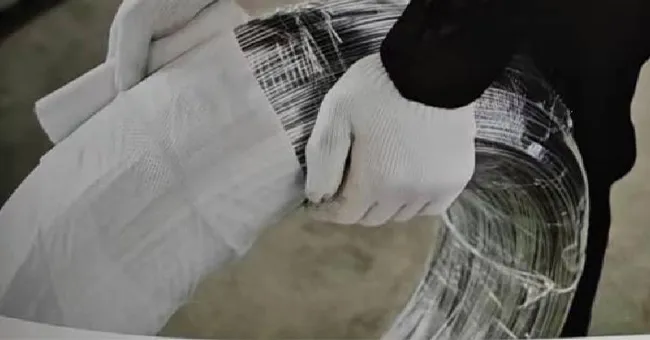-
 Phone:
Phone: -
 Email:
Email:

razor wire fence
The Significance and Applications of Razor Wire Fences
Razor wire fences are a formidable barrier designed primarily for security purposes, offering an effective solution for protecting properties, borders, and sensitive areas. Composed of sharp blades or barbs, razor wire enhances conventional fencing by providing an added layer of deterrence against trespassers and intruders. Over the years, these fences have gained prominence in various sectors, including military, correctional facilities, private properties, and commercial establishments.
The Design and Structure
Razor wire is typically made from high-tensile steel wire, which is coiled into spirals with razor-sharp edges protruding outward. This design not only discourages physical entry but also presents a daunting visual barrier that often suffices as a psychological deterrent. The fencing can be installed on top of walls or existing fences, enhancing their height and effectiveness without requiring significant structural alterations.
The structure of the razor wire can vary, with options including single strands and concertina coils. Concertina wire, a more expansive option, can unfurl and cover larger areas, making it an ideal choice for securing extensive facilities or border landscapes. The sharpness of the blades varies too, with some designed for maximum deterrence while others may focus more on cost-effectiveness.
Applications of Razor Wire Fences
1. Military and Defense One of the original uses of razor wire was in military applications. Armed forces around the world have employed it along borders and on bases to prevent unauthorized access and secure sensitive operations. Its use in wartime scenarios serves as both a physical obstacle to enemy forces and a signal of a high-security zone.
2. Correctional Facilities Prisons and detention centers utilize razor wire fences as a staple security feature. The sharp blades provide an effective deterrent to escapes, reinforcing the physical barriers that confine inmates. Security experts recognize that such fencing structures can greatly reduce the likelihood of breaches, promoting a safer environment for both staff and incarcerated individuals.
razor wire fence

3. Private Properties Homeowners and business operators inclined to protect their assets often turn to razor wire fences. Whether it’s to deter vandalism, break-ins, or other criminal activities, the presence of razor wire can be an effective visual and physical barrier. However, it is crucial for property owners to balance security with aesthetics and community standards, as razor wire can be perceived as a hostile or aggressive feature.
4. Industrial and Commercial Sites Factories, warehouses, and commercial lots frequently utilize razor wire fences to secure perimeters. Given the value of equipment and materials often housed in such locations, these fences play an essential role in preventing theft and unauthorized access. Enhanced security measures are particularly vital in high-crime areas where the risk of sabotage or theft is elevated.
5. Border Security Razor wire plays a significant role in the security of international borders. Countries experiencing challenges related to illegal immigration, smuggling, and trafficking have increasingly turned to razor wire as part of their defense strategy. The physical barrier poses a significant challenge to those attempting unauthorized crossings, thereby aiding border patrol efforts.
Ethical and Legal Considerations
While the effectiveness of razor wire fences is undeniable, they also raise ethical and legal questions. The potential for causing serious injury to individuals attempting to cross or breach the fence is a significant concern. Various countries have enacted regulations governing the use of razor wire, mandating that it be erected in a manner that minimizes risks to individuals, including those in distress.
Additionally, debates regarding the humane treatment of individuals attempting to cross borders have prompted calls for alternative security measures that do not rely on such aggressive deterrents. As discussions on migration and border security evolve, the future of razor wire fences may include more balanced approaches that prioritize safety, security, and humane treatment.
Conclusion
Razor wire fences are an essential element of modern security infrastructure, employed across various sectors for their formidable deterrent qualities. Their significance in law enforcement, military, industrial, and private applications cannot be overstated. However, as society navigates complex security challenges, careful consideration must be given to the ethical implications and potential alternatives to such drastic measures. The dialogue surrounding razor wire continues to evolve, reflecting the dual needs for safety and compassion in an increasingly complex world.
-
Wire Mesh for Every Need: A Practical SolutionNewsJul.25,2025
-
Steel Fences: Durable, Secure, and Stylish OptionsNewsJul.25,2025
-
Roll Top Fencing: A Smart Solution for Safety and SecurityNewsJul.25,2025
-
Cattle Farm Fencing Solutions for Maximum SecurityNewsJul.25,2025
-
Affordable Iron Binding Wire SolutionsNewsJul.25,2025
-
Affordable Galvanized Wire SolutionsNewsJul.25,2025
-
Wire Hanger Recycling IdeasNewsJul.25,2025








